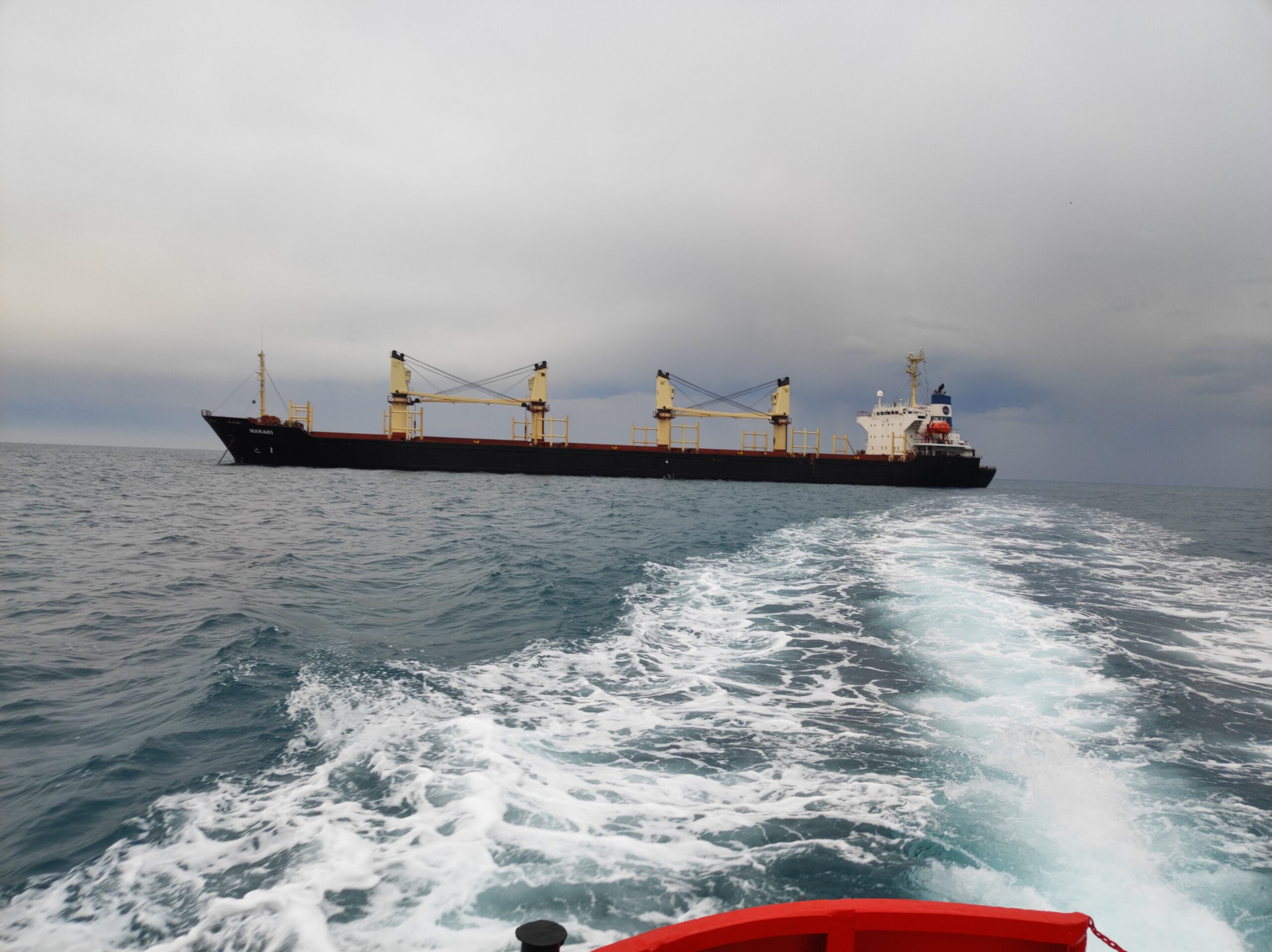What is Customs Clearance? A Guide to Global Trade Compliance
Customs clearance is the mandatory process where customs authorities inspect imported or exported goods to ensure compliance with regulations, accurate payment of taxes/duties, and proper documentation. Without this step, shipments cannot legally cross borders, risking delays, demurrage fees, or confiscation.
Why is Customs Clearance Important? Key Benefits
- Legal Compliance: Customs officers verify shipments meet local laws, tariffs, and safety standards.
- Revenue Collection: Governments collect duties and taxes from international trade activities.
- Supply Chain Stability: Smooth clearance prevents delays, keeping deliveries on schedule.
How Customs Clearance Works: A Step-by-Step Breakdown
- Document Preparation: Submit commercial invoices, bills of lading, and customs declarations with accurate product details, value, and HS codes.
- Shipment Arrival: Customs authorities review paperwork. Missing documents trigger delays or fines.
- Duties & Taxes Calculation: Fees depend on product category, origin, and value. Importers must pay customs duties promptly.
- Payment Confirmation: Once duties are paid, goods are released. Delays risk storage fees or penalties.
Key Terms in Customs Clearance
- HS Codes: A 6–10-digit global classification system for products (e.g., “Harmonized System code for electronics”).
- Demurrage: Charges for delays in loading/unloading due to customs holdups.
- Customs Broker: Licensed professionals who manage clearance procedures and paperwork.
The Role of Customs Brokers in International Shipping
A customs broker acts as an intermediary between shippers and customs authorities, ensuring:
- Accurate Documentation: Commercial invoices, bills of lading, and HS codes match shipment details.
- Regulatory Compliance: Adherence to import/export laws and duty calculations.
- Risk Mitigation: Avoiding delays, fines, or confiscation due to errors.
Pro Tip: Hiring a customs broker saves time and reduces errors for complex or high-volume shipments.
What Does “Customs Clearance Completed” Mean?
This status confirms your shipment has passed all inspections, duties are paid, and goods are approved for entry into the local market or onward transit.
Freight Forwarders and Customs Clearance: Streamlining Global Trade
Freight forwarders simplify logistics by:
- Document Management: Preparing bills of lading, certificates of origin, and customs forms.
- Regulatory Guidance: Advising on country-specific rules and HS code requirements.
- End-to-End Coordination: Managing carriers, warehouses, and customs brokers for seamless delivery.
How to Avoid Customs Clearance Delays
- Use Accurate HS Codes: Prevent misclassification and recalculations.
- Submit Complete Documents: Ensure invoices, packing lists, and permits are error-free.
- Partner with Experts: Work with customs brokers or freight forwarders for compliance.
FAQ: Customs Clearance Basics
Q: How long does customs clearance take?
A: Typically 24–48 hours for straightforward shipments but longer for restricted goods or paperwork errors.
Q: Who pays customs duties?
A: Usually the importer, unless negotiated otherwise in the shipping contract.
Q: Can I handle customs clearance myself?
A: Yes, but brokers reduce risks for complex shipments or unfamiliar regulations.
Optimize Your Customs Clearance Process Today
Need help navigating customs duties, HS codes, or international shipping rules? Contact our customs experts for fast, compliant clearance and supply chain reliability.




